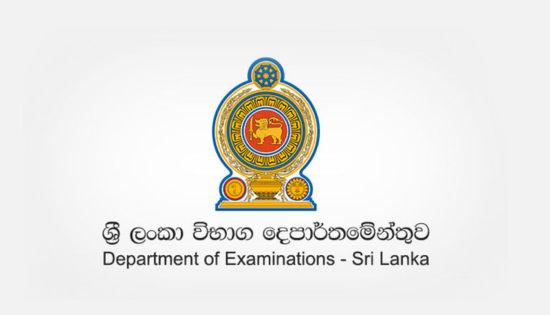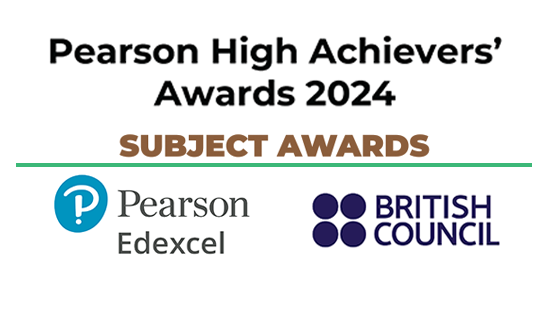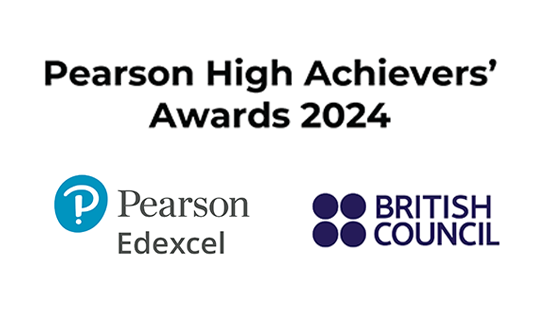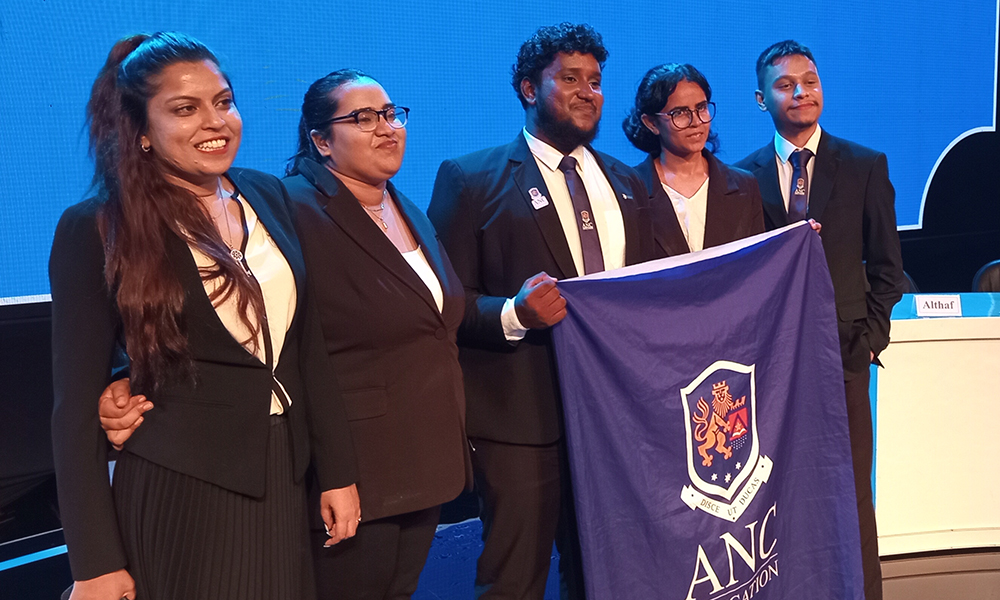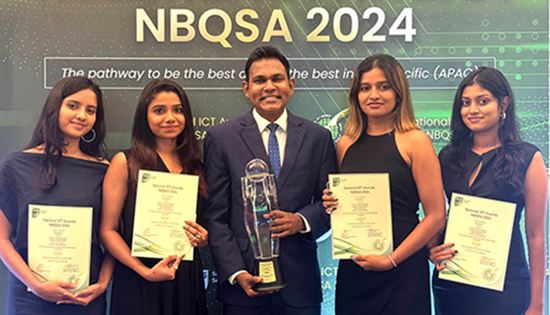Financing the Future: Innovative Strategies for Funding Sri Lanka’s Education Reform

Financing the ambitious task of restructuring Sri Lanka’s education system requires a multifaceted approach, leveraging both international assistance and innovative funding strategies. The global community, recognizing the universal value of education, offers various avenues for support through international organizations, bilateral partnerships, and alternative funding mechanisms. Below are strategic recommendations for securing the necessary funding and support to kickstart and sustain the transformation of Sri Lanka’s education sector.
International Organizations and Development Agencies
United Nations Educational, Scientific and Cultural Organization (UNESCO): UNESCO provides both technical and financial support for educational reforms focused on access, equity, and quality. Sri Lanka can tap into UNESCO’s funding programs aimed at enhancing educational infrastructure and teacher training.
The World Bank: Known for financing and advising educational reforms in developing countries, the World Bank offers loans and grants. Sri Lanka can engage with the World Bank for assistance in large-scale educational projects, focusing on modernization and inclusive education.
Asian Development Bank (ADB): The ADB supports projects that improve educational quality and access in Asia. By proposing initiatives that align with ADB’s focus areas, Sri Lanka can secure funding for infrastructure development, curriculum upgrades, and teacher training programs.
Global Partnership for Education (GPE): As a funding platform that galvanizes global support for educational access and reform in developing countries, GPE can provide Sri Lanka with grants that support comprehensive educational strategies.
Bilateral Agreements and International Partnerships
Partnering with Countries Excelling in Education: Sri Lanka can form bilateral partnerships with countries like Finland and Singapore, leveraging their expertise and potentially securing funding or resources as part of educational collaboration and exchange programs.
International Non-Governmental Organizations (NGOs): Collaborating with NGOs that focus on education can provide both funding and expertise.
Organizations like Save the Children, Plan International, and Education Cannot Wait often participate in funding educational initiatives.
Public-Private Partnerships (PPPs) and Corporate Social Responsibility (CSR)
Engaging the Private Sector: PPPs can mobilize resources for educational reform. By incentivizing local and international businesses through tax benefits or recognition programs, the government can attract private investment into the education sector.
CSR Initiatives: Encouraging corporations to fund educational projects as part of their CSR initiatives can result in significant investments in technology, infrastructure, and scholarship programs for underprivileged students.
Crowdfunding and Community Participation
Crowdfunding Campaigns: Leveraging crowdfunding platforms to raise funds for specific projects or innovations in education can engage the diaspora and international donors passionate about Sri Lanka’s development.
Community Contributions: Inviting contributions from the local community, including alumni networks and philanthropists, can support smaller-scale projects and create a sense of ownership and pride in the educational reform process.
Innovative Funding Mechanisms
Education Bonds: Issuing bonds specifically designed to fund educational reforms can attract investors interested in socially responsible investments.
Education Lottery: Establishing a national lottery to fund education, with clear transparency and accountability mechanisms, can generate substantial revenues for educational projects.
Securing funding for the restructuring of Sri Lanka’s education system is a challenge that requires creativity, persistence, and strategic engagement with multiple stakeholders. By exploring a combination of international assistance, partnerships, and innovative funding strategies, Sri Lanka can mobilize the necessary resources to embark on this transformative journey. Engaging the community and ensuring transparency and accountability will be key to sustaining support and achieving the goal of an upgraded, inclusive, and globally competitive education system.
- SW – Suggestion by Team EduWire to Make a Better Tomorrow
Related News
ACCA celebrates 120 years and counting
Helen Brand OBE, chief executive of ACCA and Nilusha Ranasinghe Head of South Asia for ACCA Global accountancy body marks major milestone…
Read MoreVictory for ANC Education on UN World Human Rights Day
The Capital Maharaja Group (CMG) held its third consecutive year of Inter University Human Rights Debates this year. This witnessed private and…
Read MoreSLIIT achieves historic success and shines as star performerat 26th National ICT Awards – NBQSA 2024
SLIIT achieved historic success and shone brightly as a star performer at the 26th National ICT Awards - NBQSA 2024, held recently.…
Read MoreTriple Championships for Gateway College in Football
Gateway College Colombo once again demonstrated their dominance in the recently concluded Under-20 Inter-International Schools Football Tournament, held at Gateway College Ratmalana from…
Read MoreFastest growing international exam board OxfordAQA appoints Country Manager for Sri Lanka and the Maldives
Panchalika KulatungaCountry Manager,Sri Lanka and the Maldives - OxfordAQA OxfordAQA — a partnership between Oxford University Press, a department of the University…
Read MoreCourses
-

IMC – Bachelor of Psychology
IMC Education Overview IMC Campus in partnership with Lincoln University College (LUC) Malaysia offers Bachelor of Psychology Degree right here in Sri… -

ANC – BA (Hons) International Business Management (Top-Up)
ANC Education Overview Designed in partnership with public and private business organizations, this program develops one’s ability to critically evaluate business models… -

IIT – BSc (Hons) Computer Science
IIT Campus Overview BSc (Hons) Computer Science provides a solid foundation and training regarding the fundamentals of the computer science field, along… -

APIIT – BSc (Hons) Cyber Security
APIIT Sri Lanka Overview Our BSc (Hons) Cyber Security award is designed to launch your future career in the protection of software… -

ICBS – BSC (Hons) Business Management with Marketing Management
ICBS Overview The BSc (Hons) Business Management with Marketing program, awarded by Queen Margaret University (QMU), is a highly regarded degree that… -

UTS – Diploma of Science
UTS College Sri Lanka Overview The Diploma of Science is designed to empower you to apply scientific thinking and analysis to important… -

CSA – Master of Architecture and Environmental Design
City School of Architecture Overview The Master of Architecture and Environmental Design Degree at CSA is awarded by the University of the… -

APIIT – BSc (Hons) International Business Management
APIIT Sri Lanka Overview Increasingly businesses are becoming more and more international. This requires business management professionals to have knowledge, skills and… -

IIT – BSc (Hons) Artificial Intelligence And Data Science
IIT Campus Overview The BSc (Hons) Artificial Intelligence and Data Science course is awarded by Robert Gordon University (RGU) in the UK… -

ICBS – International Degree Foundation in Business / IT
ICBS Overview The Scottish Qualification Authority (SQA) is a globally recognized organization dedicated to education and qualification development. SQA is responsible for… -

APIIT – BA (Hons) Finance and Business Enterprise
APIIT Sri Lanka Overview Finance and accounting are no longer just about taxation and the management of financial capital. This award will… -

APIIT – MBA General
APIIT Sri Lanka Overview The MBA is awarded by Staffordshire University, UK. This award is an advanced course of study in management… -

ANC – LLM in International Business & Commercial Law
ANC Education Overview This course is designed for graduates of law, business and finance in a legal or a corporate job role… -

AOD – BA (Hons) Fashion Design and Marketing
Academy of Design Overview The syllabus is from the UK’s Northumbria University, as one of their most revered flagship programmes and is… -

APIIT – MSc. Marketing Management
APIIT Sri Lanka Overview This MSc Marketing Management degree – awarded by Staffordshire University, UK is an advanced course of study in…
Newswire
-

Meta down ? : Instagram, Facebook and WhatsApp all suffer
ON: December 11, 2024 -

Saudi Arabia wins FIFA World Cup bid
ON: December 11, 2024 -

World’s richest individual : New record from Elon Musk
ON: December 11, 2024 -

Pakistan’s low conviction rates for sexual assaults underscore urgent need for reforms
ON: December 11, 2024 -

SJB considers No-Confidence Motion against Speaker
ON: December 11, 2024

